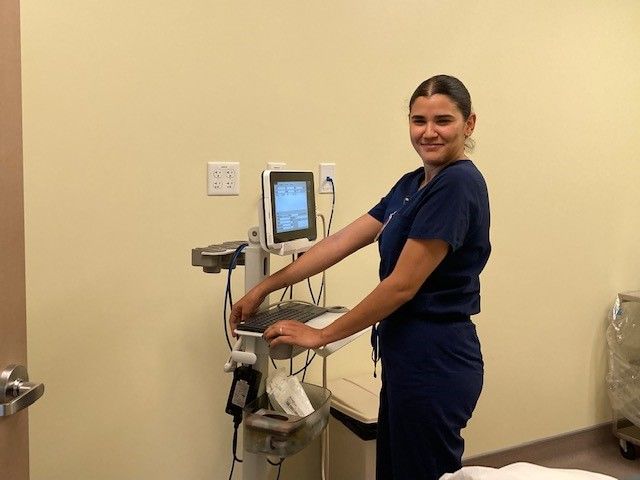Hernia Repair (Laparscopic or Traditional)

A hernia is a hole or weakness in the abdominal wall that may cause a bulge and/or discomfort. The symptoms of a hernia can include a dull ache, pressure, or pulling sensation at the site of the hernia, especially with coughing, straining, or lifting. A hernia may also cause more severe consequences such as bowel obstruction and severe infection.
Hernias do not occur only in the groin. Hernias can develop anywhere in the abdominal wall, including the umbilicus (belly button) and at locations of prior abdominal surgical scars.
Many hernias can be diagnosed with a simple physical examination.
Most smaller hernias can be repaired with outpatient (day) surgery.
Hernia repairs can be performed via both minimally invasive (laparoscopic) and open surgical techniques. You can discuss with your surgeon which type of repair is best suited for your particular circumstances.
Most hernia repairs now include some form of prosthetic mesh reinforcement, which reduces hernia recurrence rates.
Prosthetic mesh is a screen-like usually nonabsorbable material that acts like a patch in the area repaired. Pediatric hernias usually do not require prosthetic mesh.
Hernia repairs do not require post-operative bed rest, which was traditionally part of hernia surgery in the past.
After hernia surgery, it is necessary to limit heavy lifting and vigorous physical exercise for several weeks. Your surgeon will discuss with you the duration of these limitations based on your particular repair.
Adult hernias and some pediatric hernias do not go away on their own, and may enlarge with time given the natural stresses on the abdominal wall.
Most hernias should be repaired surgically on an elective basis not only to address symptoms, but also with the aim of preventing the more severe hernia consequences that can require emergent and more complicated surgery.
Tests and Procedures
- Umbilical herniorrhaphy
- Inguinal herniorrhaphy
- Incisional herniorrhaphy
- Femoral herniorrhaphy
- Esophageal herniorrhaphy
